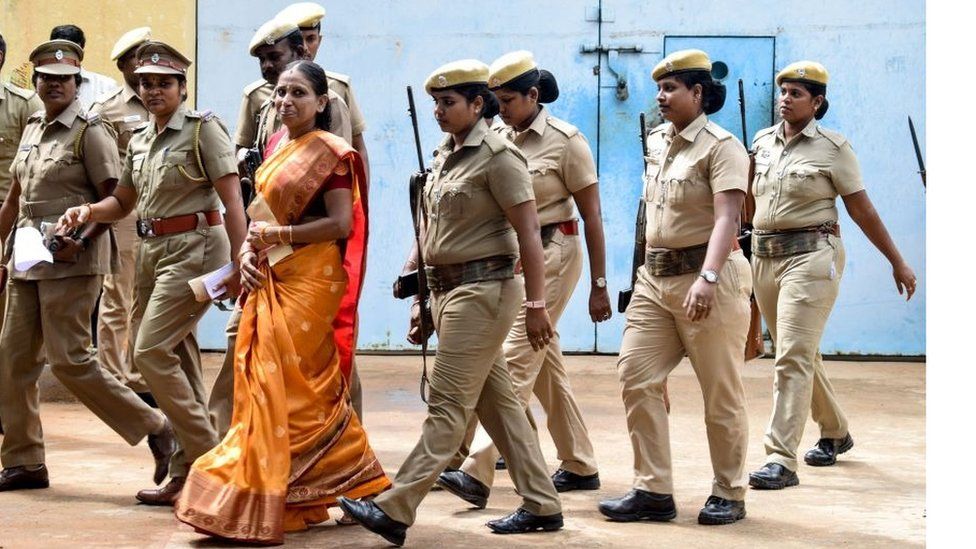India court orders release of convicts: Rajiv Gandhi murder case

Image credit: BBC
The Supreme Court used its extraordinary jurisdiction on Friday, November 11, to extend its May order directing the release of life-sentenced AG Perarivalan in the Rajiv Gandhi assassination case to six other defendants who were also found guilty of the former prime minister’s murder and ordered that they be released immediately as well.
Using Perarivalan as a comparison, who was ordered to be released on May 18 by the court after serving nearly 31 years, a bench of Justices BR Gavai and BV Nagarathna stated that the other convicts, Robert Payas, Jayakumar, T Suthendraraja, Ravichandran, Nalini, and Murugan, are on an equal footing because they all spent more than 30 years in prison, had satisfactory prison records, and had all pursued
The Tamil Nadu government cited the May 18 verdict in support of the argument for the convicts’ early release from prison, which held that the governor’s choice to refer their request for remission of their sentences to the President despite a recommendation by the state cabinet lacked any legal support and “was inimical to the scheme of our Constitution.”
On September 11, 2018, the state government recommended to the governor that the petitioner’s life sentence be commuted; however, this request has been waiting in his office for more than 2.5 years. On January 27, 2021, the governor finally sent it on to the president; it had been pending for the previous 20 months.
Considering Perarivalan’s excellent behaviour in jail, his medical conditions, and the delay on the part of the Tamil Nadu governor in deciding on his remission plea, the SC ordered his release on May 18.
We do not believe that it is appropriate to remand the matter to the governor for consideration given that his Article 161 petition remained unanswered for more than a year after the governor’s referral and for more than 2.5 years after the state cabinet recommended that his sentence be commuted. “We direct that the appellant is deemed to have served the sentence in connection with Crime No. 329 of 1991 in the absence of any other disqualification and in the exceptional facts and circumstances of this case, in the exercise of our power under Article 142 of the Constitution,” the bench stated when making its decision on Perarivalan’s plea.
